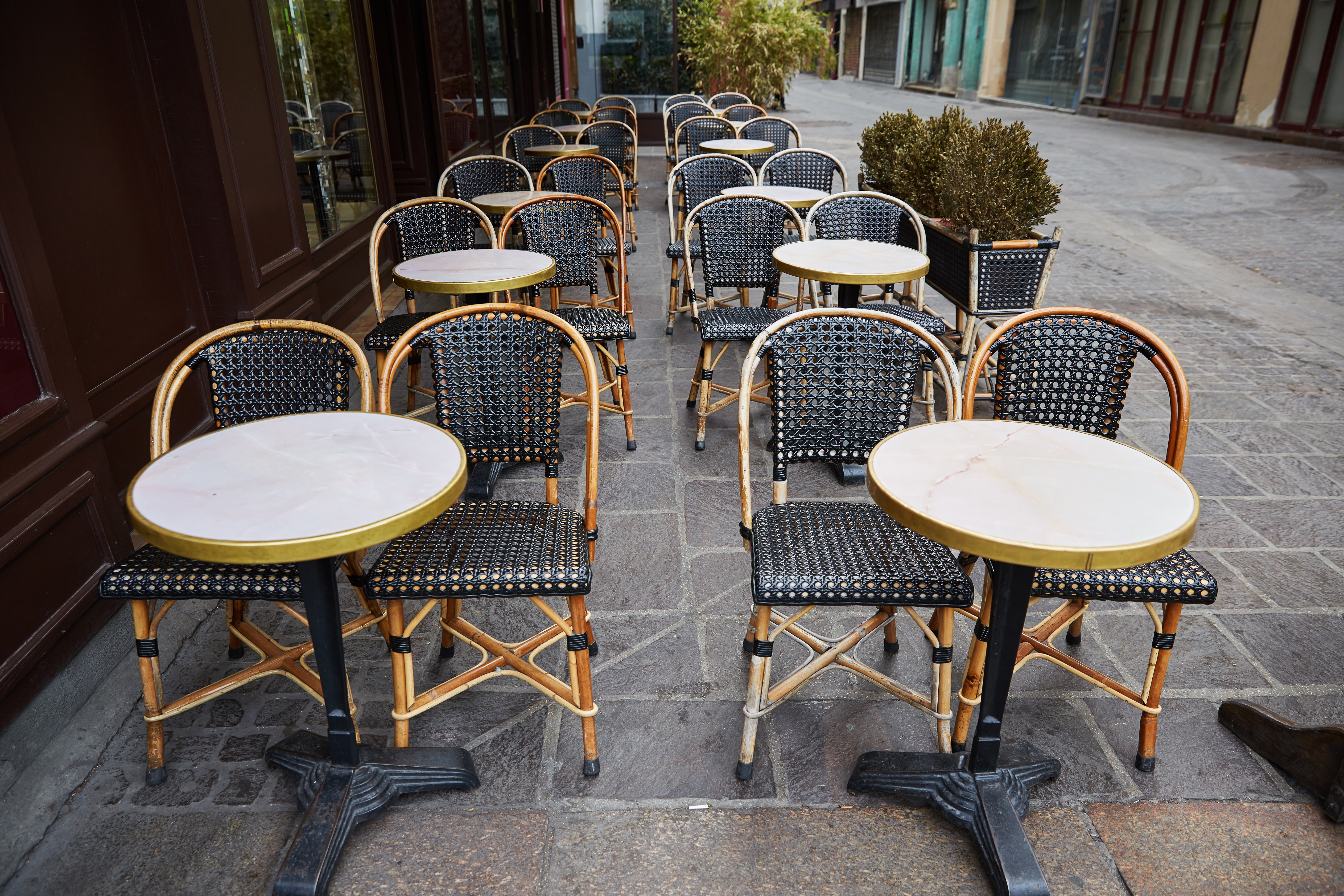
Three months on from the initial outbreak, Covid-19 is still wreaking havoc on the foodservice industry.
Much of the Middle East is under severe lockdown, with curfews in place and fines for those who don’t comply, leaving delivery as the only option for restaurants across the region.
In Dubai, UAE, people must obtain a permit to go outside while citizens in Jordan face jail time if they venture out of their homes. In Israel, restrictions were tightened and a temporary ban put in place to prevent the Jewish community from travelling to celebrate Passover with family they do not live with.
However, Iran is reported to be easing some social-distancing measures from 11 April and will allow low-risk business activity to resume, though it is unclear whether small restaurants and cafes would be included in this definition.
Restaurant delivery service Talabat – which operates in Kuwait, Saudi Arabia, UAE, Bahrain, Oman, Qatar and Jordan – has rolled out contactless and cashless delivery, and is waiving delivery fees for customers.
“Ensuring business continuity for our restaurant partners is important. By leveraging our technology, we’re encouraging our customers to order from nearby restaurant partners who may be seeing dine-in rates dropping due to uncertainty around Covid-19,” says Talabat CEO Tomaso Rodriguez.
Meanwhile its Daily service, which supplies groceries, has extended its services to 24-hours a day, with free delivery, to help people stay inside.
To help coordinate support for countries across the Middle East, the Global Restaurant Investment Forum has announced the launch of the Middle East Restaurant Association (MERA). MERA will act as a hub that connects, promotes and supports its members, while helping to frame the agenda for the UAE’s restaurant industry.
Delivering the essentials
Much of Africa is also in lockdown, imposing curfews and fines on residents who venture out for anything other than essential purposes. But, for many in more rural or remote locations, getting out to purchase food or have it delivered is proving difficult.
So, Nigerian-based e-commerce platform Jumia is working with partners to provide customers in countries across Africa with access to essential products and food delivery.
“We are proud to partner with relevant authorities to help fight against Covid-19 and assist our communities,” said Juliet Anammah, group head of institutional affairs at Jumia. “Platforms like ours, with e-payment and last-mile delivery capabilities, are uniquely positioned to be part of Africa’s response strategy to this pandemic and we are swiftly taking actions.”
South Africa, which has around a third of the confirmed cases on the continent, entered lockdown on 26 March. This applies to all restaurants and even extends to delivery services.
President Cyril Ramaphosa announced measures to support businesses affected by the lockdown, including unemployment benefit for the temporarily redundant, tax breaks, debt relief and aid packages for the hospitality sector.
Relaxing restrictions
With the news that some European countries are considering lifting lockdown, many restaurants will be putting procedures in place to ensure they’re ready to reopen their doors.
Norway, Denmark and Austria have all announced plans to relax restrictions, while other countries including Italy and Spain have suggested they may look to follow suit.
Austria is set to reopen smaller shops on 14 April and hopes to reopen restaurants and hotels in mid-May. Germany is planning to reopen some schools and allow some restaurants to restart their dine-in operations, while still practising stringent social distancing methods.
Any such measures will likely be staggered and delivery will still be the preferred option for many restaurants in these early phases. But they should start looking at their strategies now so they can hit the ground running once they’re given the all clear.
“The forced closure provided a great opportunity for restaurateurs to check their concepts, from their menu and pricing to staffing and opening hours,” says foodservice consultant Bettina von Massenbach FCSI of OYSTER Hospitality Management.
“Hopefully as many as possible have done this in the last few weeks so that those who can are prepared to reopen.”
In Germany, the government has also rolled out provisions for small- and medium-sized companies to be supported by consultants up to €4,000. This is good news for FCSI members wanting to help their clients to streamline their processes in this tricky time.
“Each country needs to decide how to proceed based on its own criteria and data. In Germany the rate of new infections is decreasing, so there is no scientific argument in letting the economy suffer any longer,” says von Massenbach, recognising that the longer the closures continue, the fewer restaurants will re-open at all.
“There is a possibility that as many as 40% will stay closed for ever, which is really very sad.”
Liz Cooley
Pictured: A deserted restaurant in Paris, France




